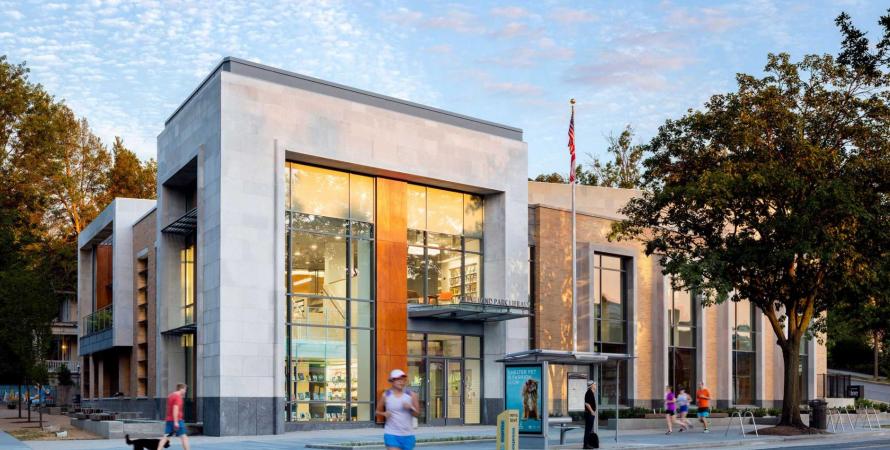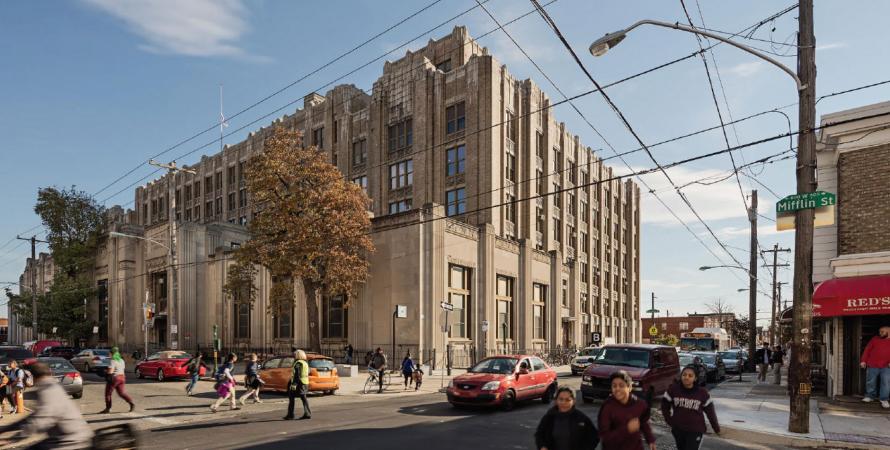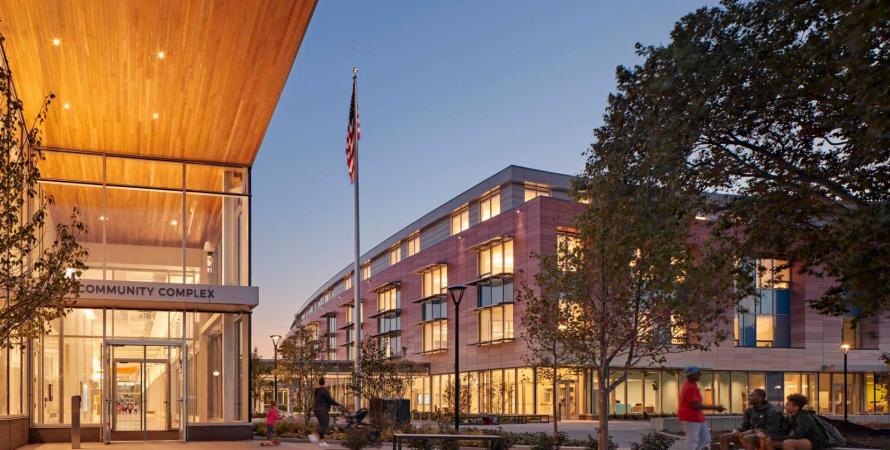The Center of Territorial Intelligence in Biodiversity (CITBIO) is building a knowledge base on urban landscape performance that sets a model for communities in this era of climate change. The center consists of simple, well-designed buildings that are easy to construct, low in maintenance, versatile, and welcoming.
They include a cultural and economic outreach building by the main road, an education facility, and an operational building for environmental research. The structures are set in a two-acre landscape of paths, garden plots, and research projects urban agriculture, green infrastructure, and ecological restoration. The Center uses a system of rainwater collection, wastewater gardens, and collection, treatment, and use of water from a nearby river.
Due to constant immigration, growth, and a lack of strategic urban planning, Curridabat, Costa Rica, found that its agricultural lands and production, as well as natural corridors for wildlife and biodiversity, were being destroyed. In the last seven years, the city has responded with regulatory and strategic plans, codes and other tools for the restoration of “green opportunities.” The Center is the research arm for that response.
The facility pioneered the development of urban Biodiversity Indicators which set urban design priorities. The Center is scalable, replicable, and emerged as a private-public “green business” with social impact. It provides the municipality a way to test new policies and codes and develop future resilient cities.
“The community is the starting point of social transformation, its organized role is essential to guarantee the development of projects with tangible impact,” notes Curridabat Mayor Alicia Borja.
The architectural design incorporates the climate conditions and topography, to minimize the ecological impact while achieving climatic comfort for people who visit or work on the project. The scale of the center is small, and the facilities are accessible to the community. The center has published data-rich information that is digestible to the public. It is a replicable prototype of how to study climate change in local communities around the world.
The CITBIO is the prototype of an urban climate change platform. It satisfies the local demand of public space and training for ecological restoration and biodiversity strategies, and it has national and international replicability.



